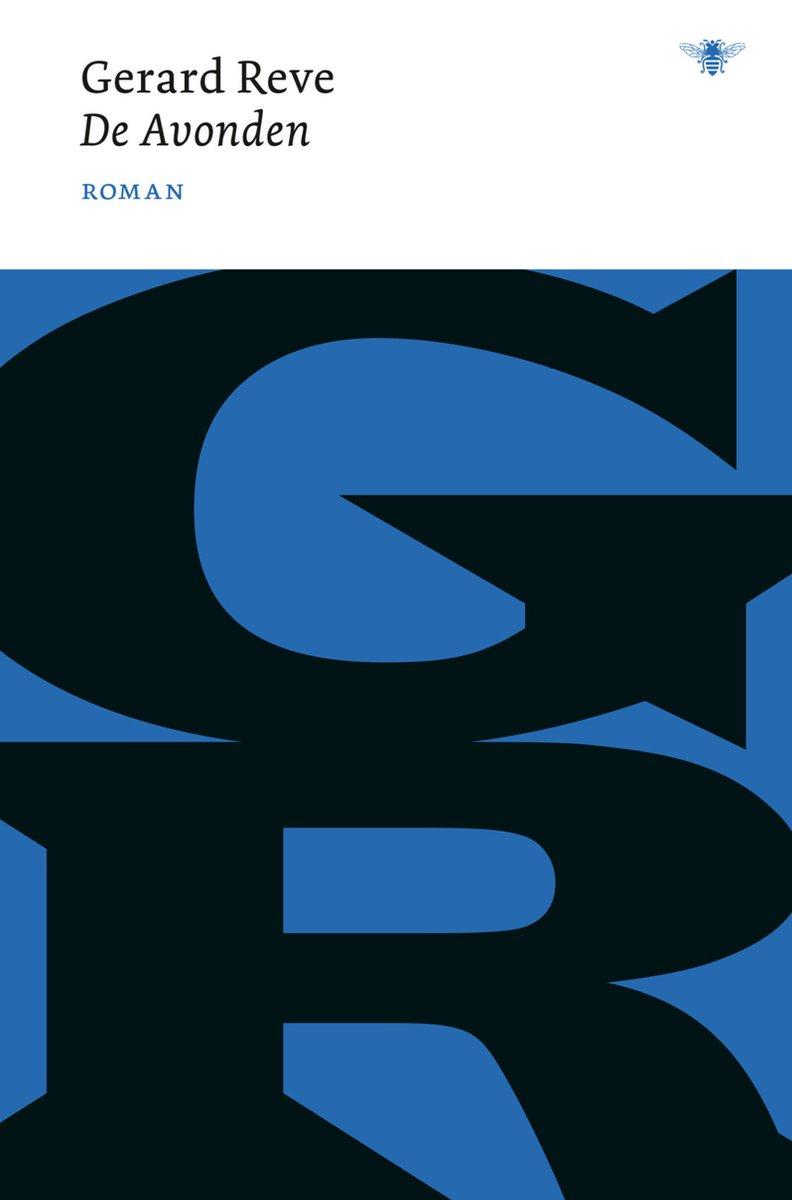The Evenings
On 1 November 1947, Gerard Reve published what was to become one of the classics of Dutch literature. Set during the last ten dark days of 1946, the story revolves around Frits van Egters, a young man who lives at home with his parents, whom he finds annoying and embarrassing. He avoids them by visiting friends, whom he provokes and challenges, and by withdrawing into his bedroom, where he finds comfort with his favourite cuddly toy, a rabbit to which he devotes near-erotic attention.

Despite being weighed down by guilt, inferiority and cynicism, young Frits has a sharp eye for absurd and poignant details, combined with a fascination for death and decay. He delights in reminding his brother, who is only a couple of years older, that his hairline is already receding. The Evenings is peppered with such dark humour and has been declared the ultimate book on the art of boredom. The closing scenes, set on a chilly New Year’s Eve, during which Frits begs God’s forgiveness for mocking his parents so brutally, are surprising and deeply moving.
When it was first released, The Evenings shocked many of the conservative critics of the 1940s. Concerned about the welfare of the young author, one critic expressed the hope that Reve would use his “God-given talent” (which was unmistakably in evidence) to explore more pleasant themes in future. But the novel became a classic and has continued to appeal to new generations, retaining its eloquent impact to this day. In this sense, it is akin to other typical post-war classics such as Salinger’s The Catcher in the Rye and Albert Camus’ The Stranger, which were also written by young men seeking their place in the world.
Not only a masterpiece but a cornerstone manque of modern European literature. […] What can I say, in a world of hype, that will put this book where it belongs, in readers’ hands and minds? […] Reve’s sparkling collage of acute observation, droll internal monologue and pitch-perfect dialogue keeps the reader breathless right through to the grand finale. […] Huge respect to Pushkin Press.
Tim Parks, The Guardian
Seventy years after its original release, The Evenings has experienced a major resurgence, thanks to Sam Garrett’s excellent English translation. Reve himself is not around to enjoy the acclaim, but he would probably have echoed the words of his protagonist, expressed in the legendary closing sentence of The Evenings: ‘It has been seen, it has not gone unnoticed.’
A masterwork of comic pathos. […] It should be acknowledged as one of the finest studies of youthful malaise ever written. […] In all fairness to Salinger, 'The Evenings' is so much better. […] For a narrative so funny, it is also profoundly moving.
Eileen Battersby, The Irish Times
The novel is dark, funny, unsettling and lingers vividly in the mind. Hats off to Pushkin Press and the outstanding translator, Sam Garrett, for making this odd, orphaned masterpiece available at last to an English-speaking readership.
Times Literary Supplement
